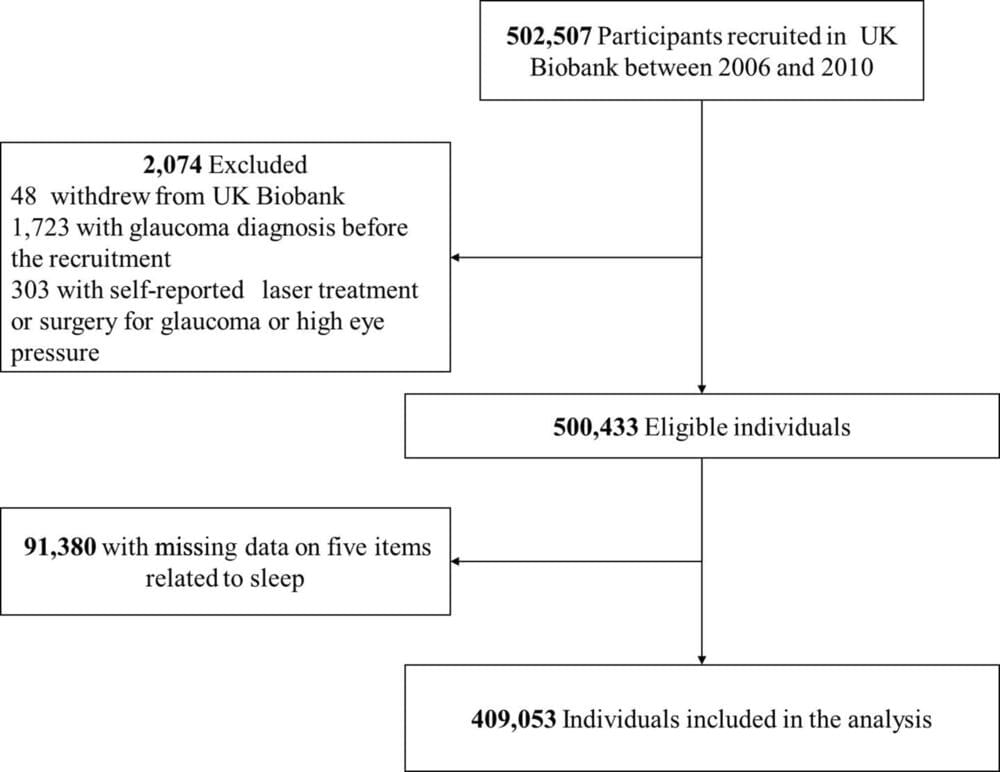China is the first country to operate a space station on its own. The country just launched the final module of its Tiangong orbital station.




It is the first coal carrier to be powered by hard sail wind power propulsion technology.
The world’s first partly wind-powered bulk carrier ship sailed to the Port of Newcastle on its maiden voyage this week.
The Japanese shipping company Mitsui O.S.K. Lines (MOL), which delivered the 100,422 dwt (dead-weight tonnage) bulker on October 7, 2022, sailed to Newcastle on Monday, reported *Offshore Energy*.



But do they really have the necessary skillset?The new CEO of Twitter, Elon Musk, has authorized 50 employees from his other companies, such as Tesla, SpaceX, and the Boring Company, to help him handle matters at the social media company, according to a report by CNBC.
Musk has billed himself as a free speech absolutist, but he has to balance those wishes with laws and business realities. He said in an open letter to advertisers last week as he was taking over the company: “Twitter obviously cannot become a free-for-all hellscape, where anything can be said with no consequences.”
It is not immediately clear how Tesla employees are expected to split their schedules between the automaker and Twitter.
Typically, when Tesla employees work for other Elon Musk ventures, usually SpaceX or the Boring Company, they can get paid by the other venture as a consultant. Some of Musk’s employees have full-time roles at more than one of his businesses. For example, Tesla Vice President of Materials Charlie Kuehmann, is concurrently a vice president at SpaceX.

SpaceX and NASA are gearing up towards the first crewed lunar landing since Apollo 17 in 1972.
NASA deputy associate administrator Mark Kirasich spoke highly of SpaceX’s progress on Starship in a subcommittee meeting of NASA’s Advisory Council on Monday, October 31, as per an Ars Technica report.
In 2021, NASA awarded SpaceX a $2.9 billion contract to build a modified version of Starship as a lunar lander for its upcoming Artemis III mission.

It could decrease reliance on palm oil to produce biofuel. Have you ever guessed that a leftover coffee could turn into biodiesel? Here’s a remarkable development for bioscience.

